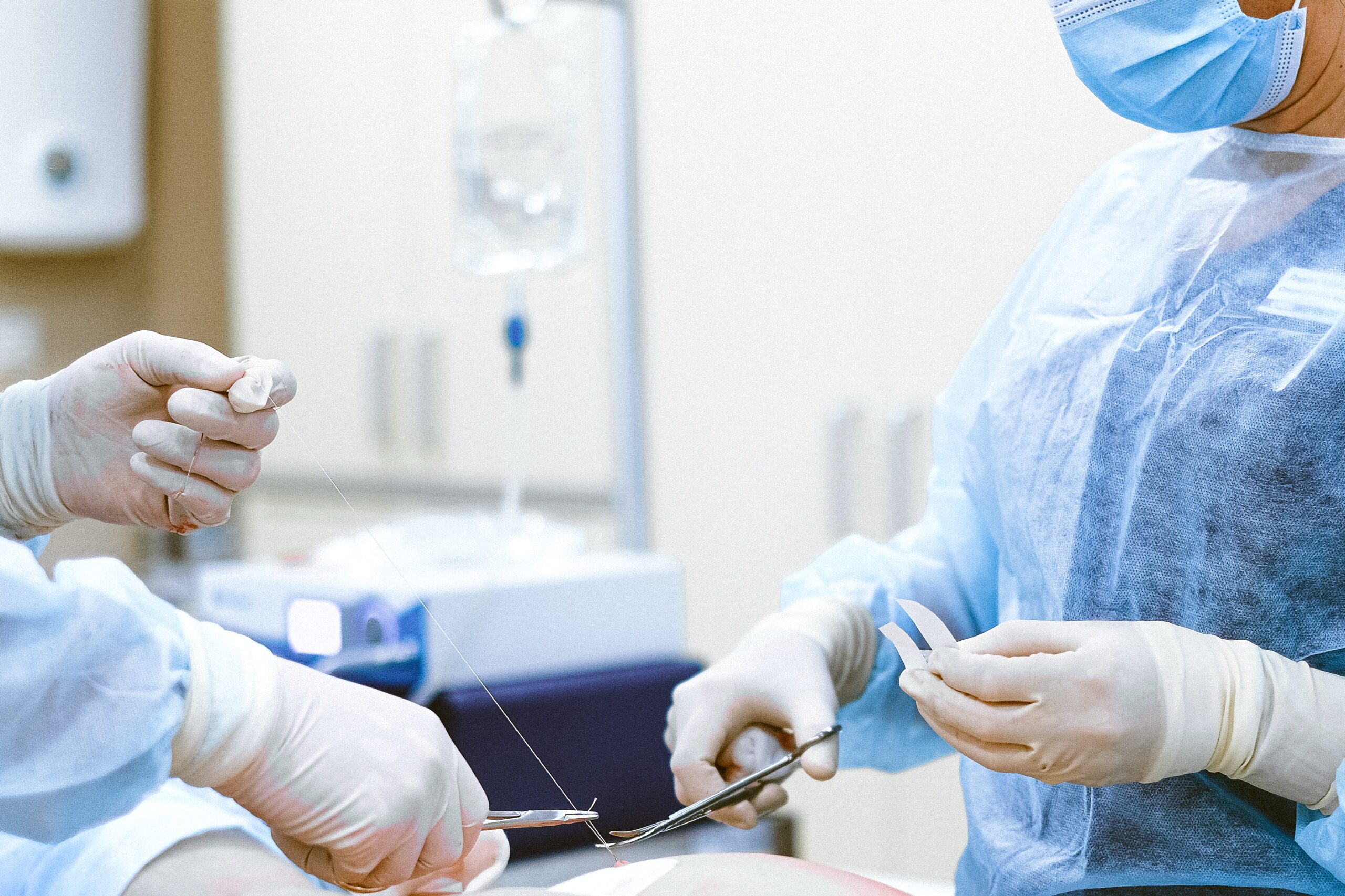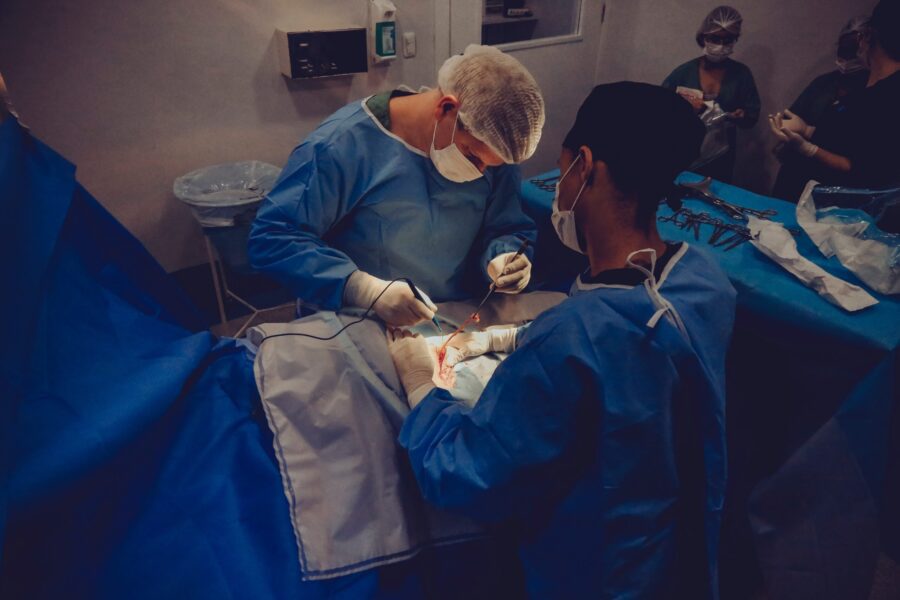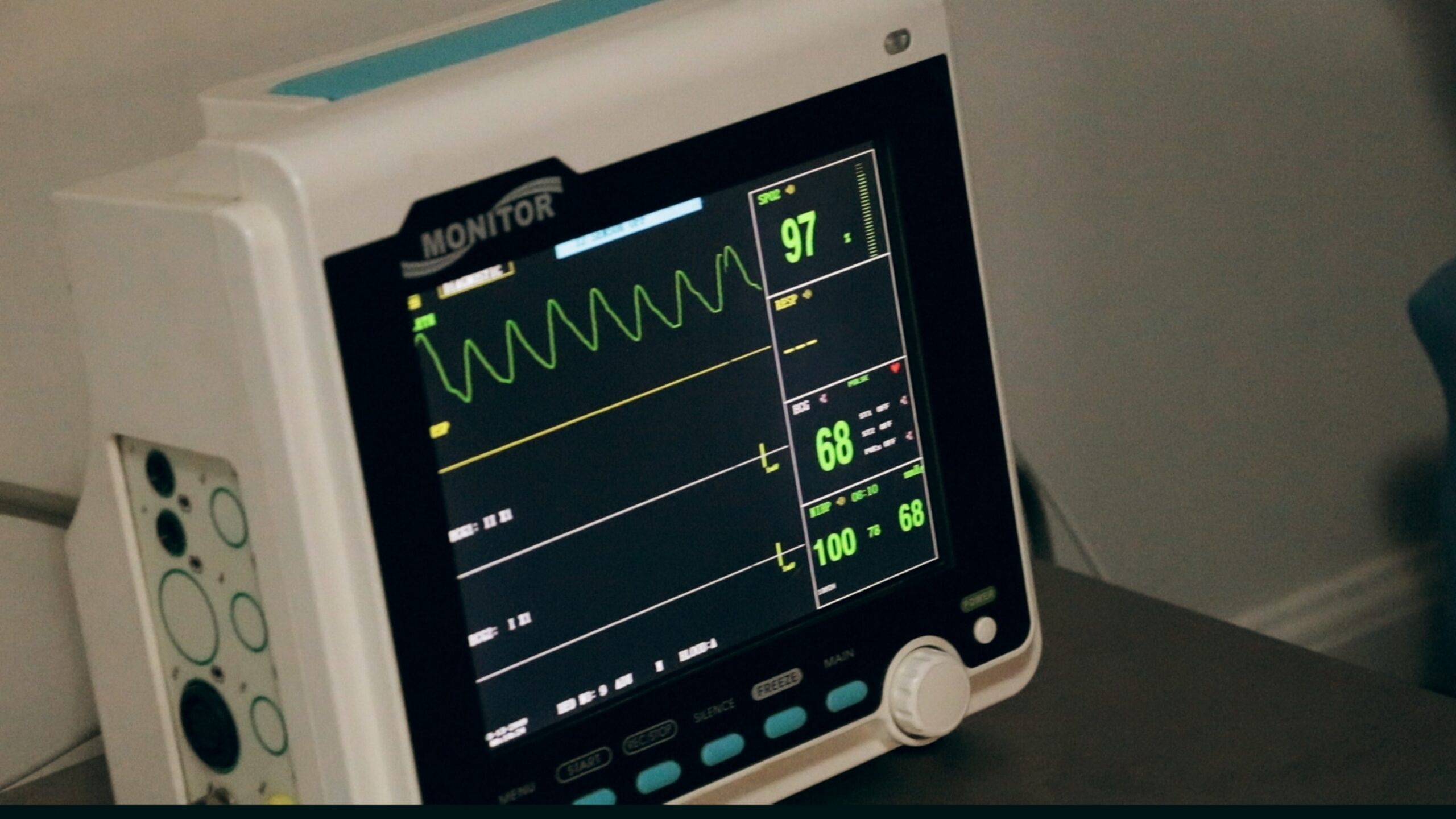
Gallbladder Surgery Injuries
All surgical procedures carry inherent risks, and gallbladder surgery is no exception. While this type of operation is common, surgeons must still exercise extreme care to avoid causing injury or illness to their patients. If a medical professional’s negligence has caused you harm during a gallbladder operation, you may be eligible to file a medical malpractice claim to obtain compensation for your injury-related losses.
What Does the Gallbladder Do?
The gallbladder is a bile-storing organ located below the liver. It plays an important role in your body’s digestive system. When you eat something your body finds difficult to digest, the gallbladder secretes bile into the digestive tract to help break down the food. However, you do not need the gallbladder to survive. If you have it removed, your liver will send bile directly into your small intestine rather than storing it in the gallbladder.
Why Do People Need Gallbladder Surgery?
The gallbladder can be susceptible to developing mineral deposits known as gallstones. These stones can lead to inflammation, bile leak, and painful blockages. Gallbladder surgery (cholecystectomy) treats complications arising from gallstones. Doctors usually perform a cholecystectomy via a small incision in the abdomen, and the procedure takes an hour or two to complete.
What Complications Can Gallbladder Surgery Cause?
As with all surgeries, doctors must take the proper precautions to avoid complications in cholecystectomies. Failure to do so can lead to complications, such as:
- Severed, pinched, or burned bile ducts
- Internal bleeding after the surgery
- Infection and sepsis
- Gallbladder abscess
- Damage to other organs
Any of these issues can lead to potentially fatal outcomes.
What Are the Symptoms of Gallbladder Surgery Injuries?
If you have recently had gallbladder surgery, the following symptoms may indicate postoperative complications:
- Fever
- Chills
- Nausea
- Vomiting
- Abdominal pain or swelling
- Discomfort and bloating
- Jaundice
While some people with gallbladder surgeries might begin to feel these symptoms in the days that follow their procedure, others might not notice that anything is amiss for several weeks or months.
In some cases, these injuries may have occurred due to a surgeon’s sub-standard work. Examples of medical malpractice include:
- Employing improper surgical techniques
- Accidentally cutting the biliary ducts
- Using unsterilized tools during the operation
- Failing to address your complaints after the surgery
Once you have contacted a medical professional about your postoperative problem, speak to an experienced Virginia medical malpractice attorney to learn how to protect your legal rights.
How Can a Medical Malpractice Attorney Help Me?
An experienced Roanoke medical malpractice attorney could fight to hold the negligent medical professional accountable for the harm they have caused. While you receive the appropriate care you need, the seasoned lawyers at Strickland, Diviney & Segura could:
- Investigate the cause of the incident
- Gather the evidence necessary to demonstrate malpractice
- Consult with respected medical experts who can confirm what the appropriate standard of care should have been
- Negotiate your compensation package with the at-fault party’s insurance company
- File a medical malpractice lawsuit on your behalf if the insurer refuses to compensate you fairly
Contact Strickland, Diviney & Segura Today
When you seek care from a medical professional, you have every right to trust that their actions will not leave you in poorer health than when you came to them. If you believe that a surgeon’s negligence has caused you harm during a gallbladder operation, the Roanoke attorneys at Strickland, Diviney & Segura will fight for your rights.
Our esteemed lawyers have represented injured Virginians’ best interests for decades, and we are ready to help you too. Call us today at (540) 982-7787 or contact us online for a consultation to learn more about how we can help you.






